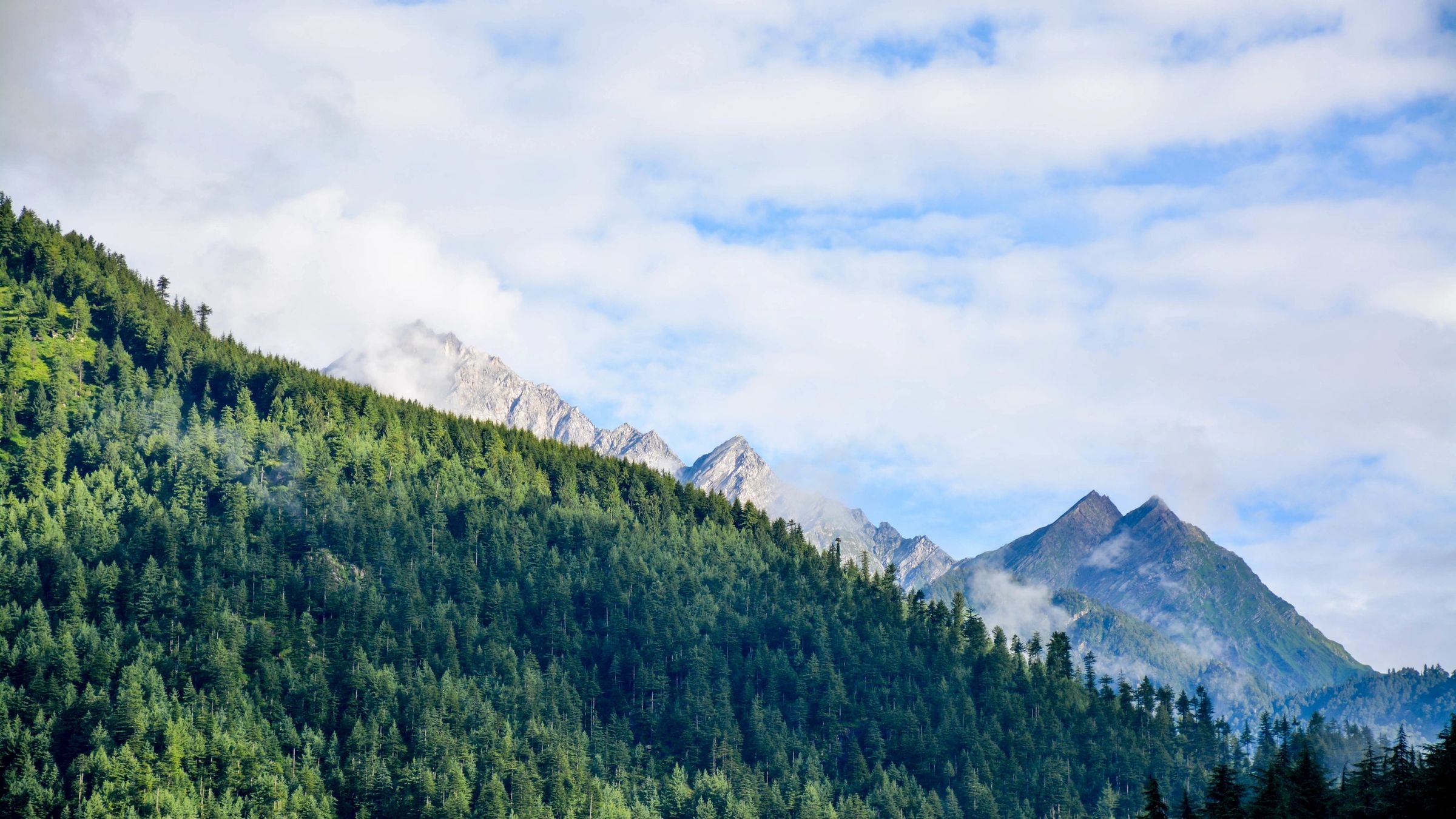How many of you here shop at Costco, or Sam’s Club? Now, how many of us ever come out of those places with only the items on the shopping list that we went in there with? I won’t even ask the men here the same question about Cabella’s or Sportsmen’s Warehouse. It’s easy to overdo it in places like that. We live in a consumerism society where the going theme seems to be, “The bigger the better. “and “More is better”. I remember several years ago I was headed home from work; I called my wife and told her I was stopping at the store to pick up a few things and asked her if there was anything she needed. She said, yes, a can of tuna. Then she added be sure and get the big can. I failed to mention that the store I was stopping at was Costco. I arrived home with the gallon size can of tuna. I never heard the end of that for a long time. She said the big can. In today’s society people seem to want things bigger & better, or just plain more of it. We live in a fast-paced society where we can have everything ready at our fingertips. Easy, and almost instant access to nearly anything we could want.
That’s why today’s Gospel, on the surface, doesn’t make a lot of sense in today’s world. “Small is great.” is a paradox that flies in the face of today’s culture. The viewpoint of today’s world doesn’t match with God’s viewpoint. God views things from a different perspective. He has a heavenly viewpoint. In the Gospel Jesus tells us two parables with themes of “Small is great.” and “Slow is better”. In the first parable Jesus tells us of a seed sewn by a farmer. And he compares the kingdom of God to the slow, and imperceptible sprouting and growing of that seed. Anyone who has ever planted a garden, or crops of any kind, knows that it’s hard to notice the actual growing of the seed, but over a long period of time your able to see changes slowly taking place, until the plant eventually reaches maturity and is ready for harvest. We don’t understand how the growth happens, we only know that if we plant the seeds, water and nourish them, they will eventually produce. This parable challenges those who think that God is doing nothing in this world, to look more closely. God is very much active in the world and slowly leading the world to its appointed purpose, the time of harvest.
In the second parable, Jesus compares the kingdom of God to a mustard seed. A mustard seed is among the smallest seeds of any plant, but yet, when planted and reaches maturity, becomes an unusually large bush. This shows the importance of small, and seemingly insignificant things. In the Gospels, we often find Jesus giving high praise for, seemingly, small and trivial things, for just a cup of water, or a single copper coin. He does great things with small amounts. With only five barley loaves, and a couple of dried fish, he feeds a very large crowd.
The parable of the mustard seed challenges us not to discount the little things we do for God. It encourages us to put more diligence into doing the little, every day, seemingly insignificant things we do for the kingdom of God. Bigger is not always better. Jesus is telling us that is often the small things in life that are the most important; the small things, that with God’s help can grow into great things. As Christians, we ought to know by now that alone we can do nothing, but with God’s help, there is nothing we can’t do.
Maybe we can’t stop wars, but we can be kind, compassionate & forgiving towards those around us. We may not be able to abolish prejudice, but we can be kind, courteous & respectful toward those around us who are different. Maybe we can’t end crime or political corruption, but we can be fair & honest in all of our dealings. Maybe we can’t wipe out poverty, but we can do something to help those in need.
All of these things are mustard seeds, which may seem insignificant by themselves, but with God’s help, and in God’s time can turn into very significant things and may bear much fruit for the glory of God.
